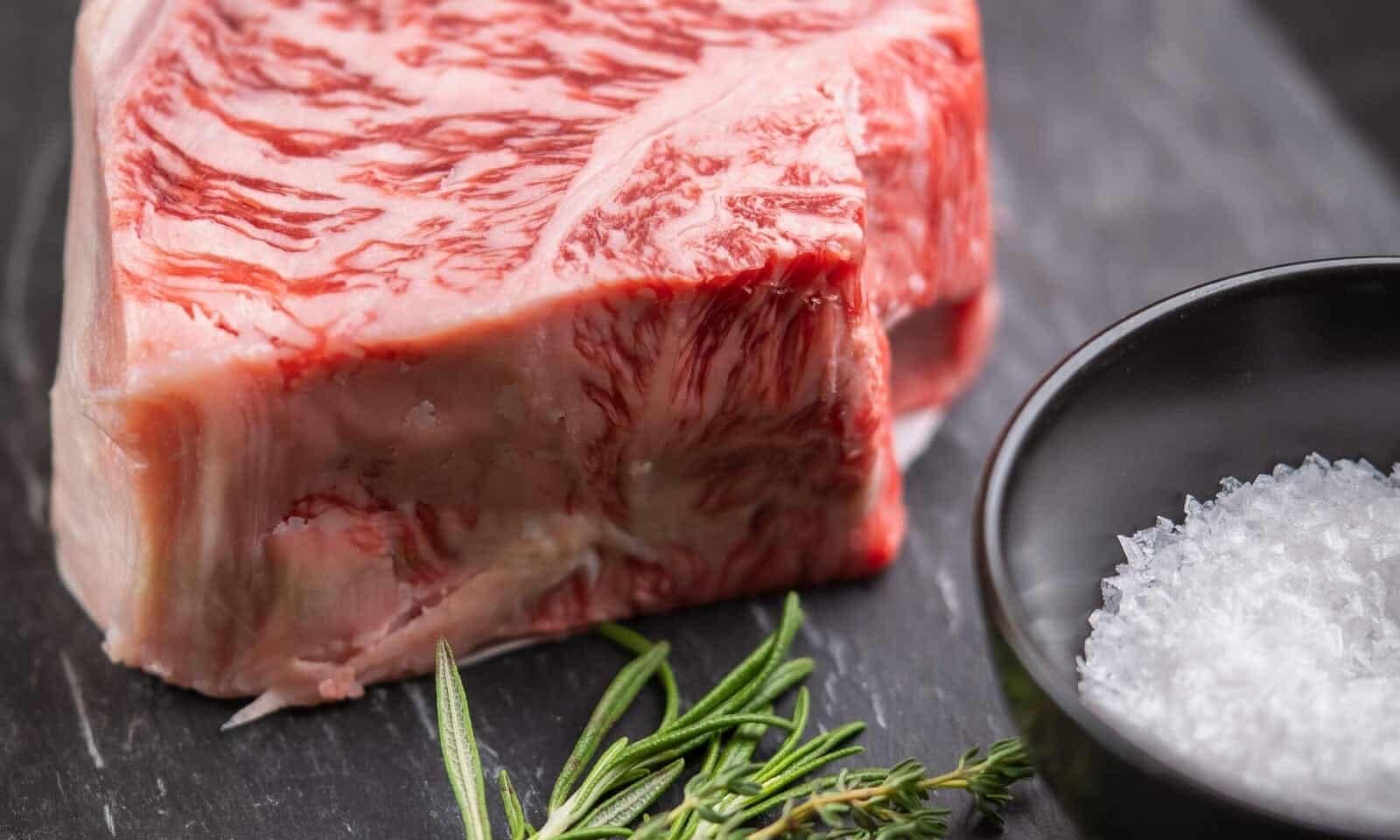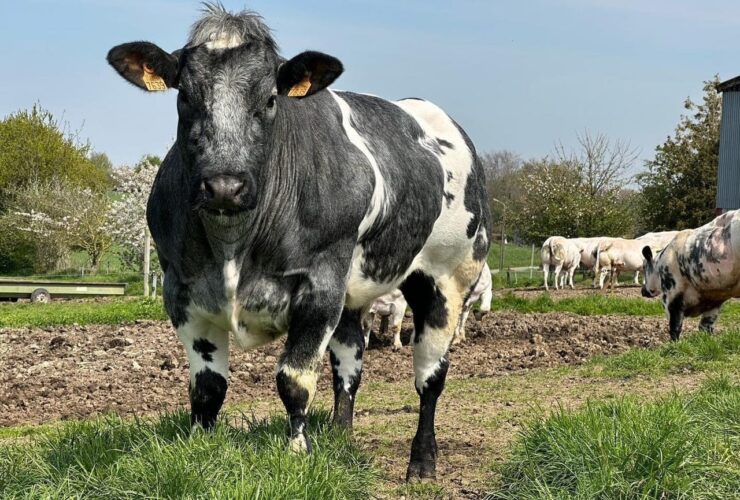Should You Use MSG to Enhance the Flavor of Your Wagyu Steak?
The art of cooking is a delicate balance of flavors, textures, and techniques. One ingredient that has been both celebrated and vilified in the culinary world is MSG, or monosodium glutamate. At the same time, the world of gastronomy has a superstar of its own – Wagyu beef, renowned for its unmatched marbling and rich taste. But should you use MSG to enhance the flavor of your already premium Wagyu steak? In this article, we will explore what MSG is, delve into the unique qualities of Wagyu beef, discuss the presence of natural MSG in Wagyu, and evaluate the benefits of MSG in cooking.
What is MSG?
MSG, or monosodium glutamate, is a sodium salt of glutamic acid, an amino acid naturally present in various foods like tomatoes, cheese, and mushrooms. It is commonly used as a flavor enhancer in cooking, known for its ability to intensify the savory, umami taste of dishes. MSG has a long history of use in Asian cuisine, where it is found in many traditional dishes and condiments.
Today, MSG is a common ingredient in processed foods, restaurant dishes, and home cooking, enhancing the overall flavor of a wide range of culinary creations.
What is Wagyu?
Wagyu, which translates to “Japanese cattle,” refers to a specific breed of cattle known for its exceptional marbling and rich, buttery flavor. This beef is highly sought after by chefs and food enthusiasts worldwide. The key characteristic of Wagyu beef is the high percentage of intramuscular fat, known as marbling, which results in a tender, juicy, and intensely flavorful meat.
Wagyu cattle are raised with meticulous care, often receiving special diets that contribute to their extraordinary fat distribution. The breeding and rearing of these cattle are subject to strict standards in Japan, where they originate. Wagyu is graded based on the quality and quantity of marbling, with the highest grade being A5, indicating the highest level of marbling and tenderness.
Wagyu Beef and Natural MSG
One intriguing aspect of Wagyu beef is that it naturally contains a significant amount of monosodium glutamate (MSG). Glutamic acid, the precursor to MSG, is an amino acid found in all proteins, including those in beef. During the aging and cooking processes of Wagyu, these proteins break down, releasing glutamic acid, which contributes to the intense umami flavor that Wagyu is known for.
The marbling in Wagyu beef, with its abundant intramuscular fat, further enhances this natural umami taste. When Wagyu steaks are prepared and cooked properly, they deliver a robust, savory flavor profile without the need for additional MSG or seasoning. This natural occurrence of MSG in Wagyu beef raises the question of whether it is necessary to use MSG as a flavor enhancer when cooking Wagyu.
Benefits of Using MSG
While Wagyu beef inherently contains natural MSG, there are situations where adding a small amount of MSG to your cooking can have benefits, even with this premium cut of meat:
- Intensifying Flavor: MSG has the ability to enhance the umami taste in dishes without adding extra salt or overpowering other flavors. When used judiciously, it can complement and intensify the natural flavor of the ingredients.
- Reducing Sodium: Using MSG can allow you to reduce the amount of sodium in your recipes while still maintaining a flavorful outcome. This is particularly important for individuals who are mindful of their salt intake.
- Balancing Flavors: In complex dishes with multiple components, MSG can help balance and harmonize the overall taste, ensuring that all elements of the dish work together seamlessly.
- Vegan and Vegetarian Cooking: MSG is a useful tool for enhancing the umami taste in plant-based dishes, making them more satisfying and flavorful.
Conclusion
In the world of culinary arts, the use of MSG remains a contentious topic, with ongoing debates about its safety and role in enhancing flavor. When it comes to Wagyu beef, however, the decision to use MSG as a flavor enhancer is largely a matter of personal preference.
Wagyu beef’s natural richness and marbling already provide a luxurious, umami-packed experience on the palate, thanks in part to the presence of natural MSG. While using a dash of MSG can be beneficial in certain situations, such as balancing flavors or reducing sodium content, it is not necessary to enhance the flavor of your premium Wagyu steak. Ultimately, the choice to use MSG should be made thoughtfully, taking into consideration individual taste preferences and dietary considerations.
In the world of gastronomy, experimentation is encouraged, and the best way to determine whether MSG adds value to your Wagyu steak is to try it for yourself. Whether you choose to enhance your Wagyu experience with MSG or savor it in its natural glory, the journey of exploring flavors and culinary delights is one filled with endless possibilities.




